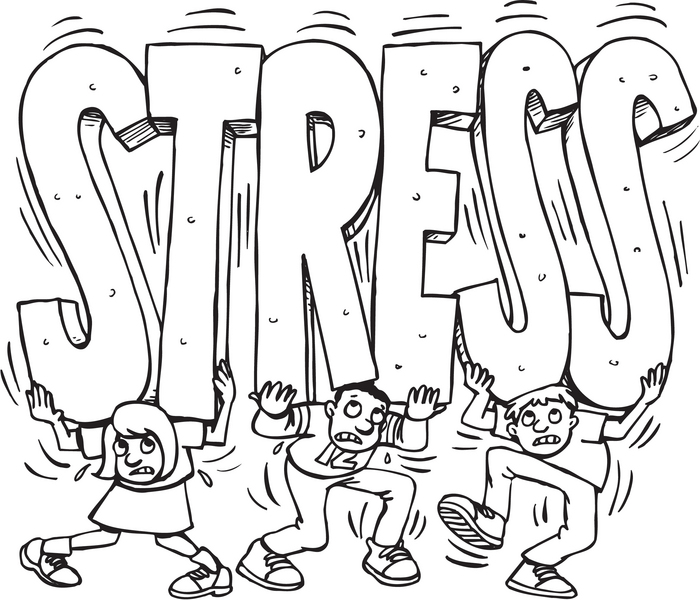What is Stress & How to identify your Stress triggers
Stress affects everyone in different ways – and, our triggers are very much dependent on the challenges we’re facing at an individual level.
It’s important to identify any potential triggers as a first step in overcoming your feelings of stress and anxiety – so you can work out a management plan that’s right for you.
Even if both you and someone you know are feeling stressed, the causes and triggers are most likely different – which means you’ll need unique approaches to treating your stress.
Understanding stress
Stress is commonly described as feeling overloaded, wound up, tight, tense and chronically worried.
Three different types of stress include:
Acute stress – this kind of stress usually occurs in response to a brief, one-time event, such as a difficult situation at work
Episodic acute stress – this is when acute stress is experienced more than once, or in ‘episodes’
Chronic stress – chronic stress is ongoing, deep feelings of stress that impact health and daily life and put you at risk of developing serious health problems as a result
Major life stressors, especially those involving personal and social stress, are among the strongest risk factors for depression.
Identifying your triggers
Developing a management plan to overcome stress starts with "identifying" your triggers.Here are some questions to help you determine the underlying cause of your stressors.
Has there been a change in your routine?
Has something unpredictable happened recently – for example, a family member visiting out of the blue? A close friend moving away?
Have you picked up a demanding new project at work?
Is there a new working dynamic – for example, a challenging boss or colleague?
Do you simply have too much work to complete?
Has there been a death or serious illness in the family?
Are you having trouble adjusting to having a newborn baby?
Are you struggling to juggle work and family life?
Do you need more support at home?
Are you taking on too much – work, family commitments – with no time for yourself?
Are you too busy to get your 8 hours of sleep every night?
Do you feel pulled in all directions and overwhelmed at the thought of everything you have to do?
Do you rely on an excessive amount of stimulants – coffee, for example – to get through the day?
Does your environment make you feel anxious – for example, a messy house, builders next door, dogs barking?
Do you find meeting new people stressful?
Managing your triggers
Once you’ve identified your primary sources of stress, it’s important to work out strategies to deal with them.
It can be overwhelming wondering where to begin – and it’s normal and natural to feel that way. Here are some tips to help you develop coping mechanisms:
Do less, and expect less – try to get comfortable with the ‘less is more’ mantra, and
Slow down – life isn’t meant to be too busy, or a race
Ask for help – even if you don’t have family nearby, friends and colleagues can help you through challenging times – all you need to do is ask, and you may be surprised at how many people are willing to help you
Problem solve – develop strategies to deal with a particular problem instead of avoiding it or hoping it will go away on its own
Give time to people who matter most – focus on quality not quantity of relationships
Get comfortable with saying no – you don’t have to do everything, be everywhere and go to everything, and downtime is necessary
Change your way of thinking – it isn’t easy to do, but it can be done with some training and practice – for example, if a situation that you can’t change is stressing you out, consider how you can approach this situation with a positive attitude. This will make it easier for you to deal with.
Practice the art of acceptance – learn to accept the things you cannot change
Focus on the positives – instead of worrying about what you don’t have and what isn’t being done, focus on all the wonderful things you do have and what you have achieved
Distance yourself from the source of the stress – if a person is making you stressed, don’t engage with them
Confront the stress head-on – it may be more appropriate to attack the problem and deal with it face-to-face if you feel comfortable
If you or someone you know is feeling stressed, make an appointment with your healthcare professional to discuss your concerns.
